Sustainable Approaches in Leather Production
Leather is the main clothing material since the beginning of mankind. Of course during the centuries it has changed its shape and today with the awareness of sustainability new approaches come to the table for leather processes as an alternative.
Vegetal Tanning
Vegetal tanning is the oldest tanning method for the leather since the Prehistory based on some sources. It has evolved since then but the principle is the same, using vegetable extracts as tanning agent. It is a slow and long process compare to chrome finishing which is the regular chemical tanning today but during the evolution of tanning agents the process also shortened and new sustainable approaches available in the market where they also get closer softness and durability performances on the leather compare to chrome finishing .
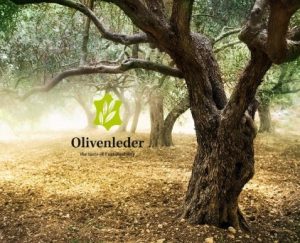 Olivenleder® is a purely ecological tanning agent developed by wet-green®. They are using olive leaves to produce a special and all natural extract, also on the process they manage to reduce the amount of tanning agent used and end up luxuriously soft and biodegradable products. Cetinkaya Deri who is one for the Turkish leather producer is the one and only partner for this product in Turkey and they offer leather tanned with olivenleder® in their current range of products as well as vegetal tanning and organic tanning.
Olivenleder® is a purely ecological tanning agent developed by wet-green®. They are using olive leaves to produce a special and all natural extract, also on the process they manage to reduce the amount of tanning agent used and end up luxuriously soft and biodegradable products. Cetinkaya Deri who is one for the Turkish leather producer is the one and only partner for this product in Turkey and they offer leather tanned with olivenleder® in their current range of products as well as vegetal tanning and organic tanning.
Cetinkaya Deri also work with Usak University for new alternatives on vegetal tanning,
They have Cinnamon Tanning process which you have the sweet smell of cinnamon additional to natural soft finish and they are on the developing stage on Tea Tanning.
Organic Tanning
We can define organic tanning as the process of using organic chemicals which are certified and free of metal and chrome, include no harmful substances, comply with APEO and REACH standards. There is no limitation on the coloring and final products are soft and light. Cetinkaya Deri who is certified under Leather Working Group (LWG) has offer organic tanning in their product range.
We are happy to send samples for your evaluation and provide additional information for the processes on leather.
Additionally Leather alternatives became a huge market in textiles and we have many sustainable approaches on this field as well.
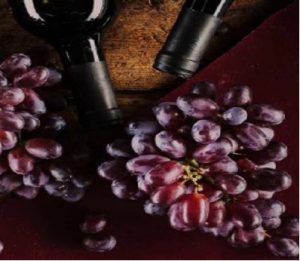
Vegea
Vegea is an innovative material characterized by the high content of vegetal renevable and recyled raw materials, grape skins from winemaking , vegetal oils and natural fibrers from agriculture . Its combination of VEG (Vegan) and GEA (Mother Earth). It was choosen to identify next generation of alternative materials to totally oil-based and animal-derived ones. A Sustainable coated fabric developed in İtaly.
Desserto

Desserto® is plant based vegan leather made from cactus developed with the aim to offer cruelty free, sustainable alternatives, without any toxic chemicals, phthalates and PVC. Main ingredient is Nopal Cactus, which needs really little water to grow and only mature leaves of the plant is being used for the final product and can be harvest in every 8 months.
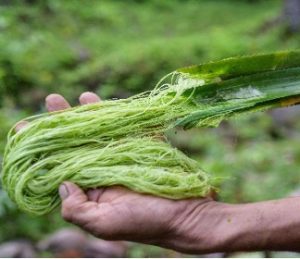
Pinatex by Ananas Anam
Piñatex is an innovative new material made from waste pineapple leaf fiber, processed with corn based polylactic acid to create a nonwoven mesh which will be coated and colored to reach the requirements for use within the fashion & upholstery industries as leather alternative.
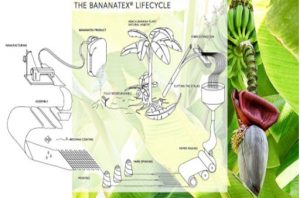
Bananatex®
Bananatex is the world’s first durable, waterproof fabric made purely from Banana plants. Cultivated in the Philippines within a natural ecosystem of sustainable forestry, the plant requires no chemical treatments. After Every banana harvest , the whole body of the banana tree is being cut and cellulosic fiber has been created and the yarn coming from this cellulosic fiber has been weaved and coated with balm to gain durability to be used on mainly bag and shoe production as a leather alternative.
Mylo ™
Mycelium is the branching underground structure of mushrooms. It grows as tiny threads that form vast networks under the forest floor. Bolt Technologies create Mylo ™ from mycelium cells by engineering it to assemble into a supple yet durable material that can replace real and synthetic leather.
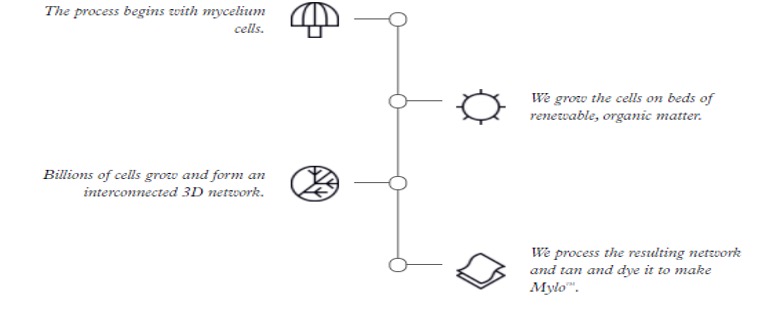
beLEAF ™ & Pirarucu by Nova Keauru
Recognized as an innovative, sustainable and pioneering company in the field of organic tanning, Nova Kaeru cleverly combines the production of plant and fish (pirarucu) biofabrics, combining a refined aesthetic with total respect for the environment, from the raw material up to the final product.
They launched the beLEAF ™ technology from the tanning of the elephant ear plant, creating a vegan biotype with characteristics similar to leather.
Pirarucu, known as the “Amazon Giant”, is a freshwater fish native to the Brazilian Amazon. Thousands of families in the region have survival linked to their capture and conservation. The use of it’s skin for the production of leather in a sustainable way by Nova Kaeru contributes to the preservation of the species and the increase of the income of indians and iverside population, guaranteeing a better quality of life for their families and local communities.


